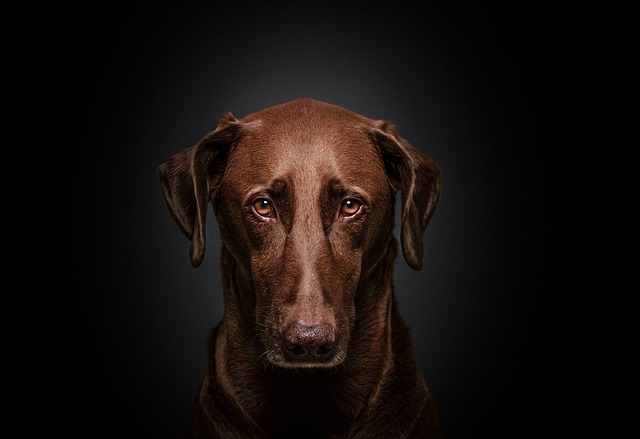
What are the 5 steps to train a dog?
Training a dog isn't just about teaching tricks—it's the key to building a harmonious life together. Whether you're a new puppy parent or adopting an adult dog,
When you joyfully welcome a fluffy Pomeranian into your home, its lively and adorable appearance can instantly melt your heart. However, what may follow is perhaps the headache-inducing problem of its bowel and bladder movements. During this process, you may have asked yourself countless times in your heart: At exactly what age can a Pomeranian start potty training?
To find the answer to this question, we first need to understand the growth process of Pomeranians. Just like human babies have different developmental stages during their growth, Pomeranians are no exception. In the first few weeks of their lives, their main task is to snuggle up to their mother to obtain warmth and nutrition, and all their physical functions are still gradually developing. At this time, their ability to control the bladder and intestines is very limited, just like how an infant cannot control their excretion independently. Therefore, it is unrealistic to expect a Pomeranian to learn to defecate and urinate in a designated place when it is very young, such as before it reaches one month old.
As time passes, the Pomeranian gradually grows up. Generally speaking, when a Pomeranian reaches the age of 2 to 3 months old, things start to change. At this stage, their physical development has made some progress. They begin to show a strong interest in the surrounding environment and gradually develop a certain learning ability. From a physiological perspective, their bladder capacity has increased, and they can hold back some urine slightly, which provides a basic condition for potty training. Psychologically speaking, Pomeranians at this time start to long for establishing a connection with their owners and pay a certain amount of attention to their owners' commands and behaviors. It's just like a child reaching the stage of starting to learn to speak and walk, being curious about everything around them and willing to try to understand and imitate adults' behaviors.
At this time, we can try to carry out potty training for the Pomeranian. But it should be noted that this doesn't mean they can learn it all at once. After all, they are still just "little kids". During the training process, it requires a great deal of patience and love from us. Imagine that you are taking the little Pomeranian to the "toilet area" you have selected for it. This area is preferably a relatively fixed, quiet, and easy-to-clean place, such as a corner of the balcony or a certain corner of the bathroom. You use a gentle but firm tone to say some specific commands to it, such as "Go potty", and at the same time, gently guide it to move around in this area. If it happens to complete its bowel and bladder movements here, you should immediately give it enthusiastic praise and rewards, like a delicious small snack or a gentle stroke, so that it knows that excreting here is the right thing to do and can get a reward.
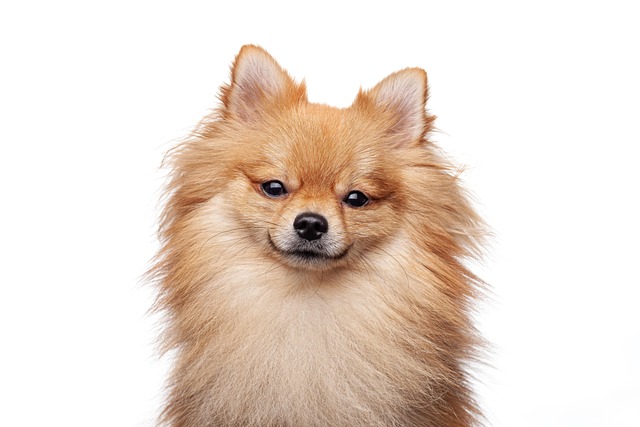 During the training process, never shout at or punish the little Pomeranian just because it makes mistakes occasionally. You should know that it may not fully understand your intentions yet, and punishment will only make it feel scared and confused, thus affecting the training effect. For example, one time, you find that the little Pomeranian has defecated and urinated on the carpet in the living room. At this moment, don't rush over and scold it immediately. Instead, clean up the scene quickly and remove the odor, because dogs will look for places to excrete according to the smell. If the odor remains, it may continue to make mistakes in the same place. Then, you can take it to the correct "toilet area" and patiently guide it again.
During the training process, never shout at or punish the little Pomeranian just because it makes mistakes occasionally. You should know that it may not fully understand your intentions yet, and punishment will only make it feel scared and confused, thus affecting the training effect. For example, one time, you find that the little Pomeranian has defecated and urinated on the carpet in the living room. At this moment, don't rush over and scold it immediately. Instead, clean up the scene quickly and remove the odor, because dogs will look for places to excrete according to the smell. If the odor remains, it may continue to make mistakes in the same place. Then, you can take it to the correct "toilet area" and patiently guide it again.
As the Pomeranian gradually gets used to the training, you will find that it starts to make some progress. It may actively run to that fixed area when it wants to defecate or urinate. At this time, you should give it even greater encouragement to let it know that it has done a great job. This positive feedback is very important for reinforcing its correct behavior. Just like when we are learning new skills, if we can get recognition and encouragement from others every time we make a little progress, we will be more motivated to keep working hard.
When the Pomeranian reaches the age of 4 to 6 months old, its learning ability and comprehension ability will be further enhanced. At this stage, the previous training achievements will gradually be strengthened. They can better remember where they can defecate and urinate and what their owners' commands mean. But this doesn't mean that the training can be relaxed. We still need to continuously pay attention to their behaviors to ensure that they can always maintain good excretion habits.
When the Pomeranian is over 6 months old, the basic potty training should have initially achieved results. But there may still be some relapses occasionally. For example, when it is emotionally excited or the environment changes, it may forget the previous rules. This is all very normal. We still need to treat it with patience and guide it back on the right track again.
Training a Pomeranian to defecate and urinate is like a journey full of love and patience. Starting from when it is 2 to 3 months old, we should seize this critical period and guide it with scientific methods, full of love, and boundless patience. In this process, we will witness its growth and progress, and it will gradually become a well-behaved and sensible little pet because of our efforts, spending countless wonderful moments with us.

Training a dog isn't just about teaching tricks—it's the key to building a harmonious life together. Whether you're a new puppy parent or adopting an adult dog,
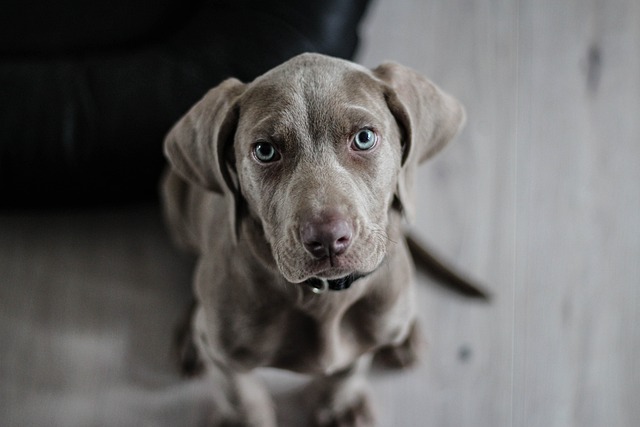
Imagine watching your dog’s ears perk up as they catch a whiff of something exciting. If you’re planning to start scent training your furry friend, you’ve probably wondered

Picture your eight-week-old Labrador, Luna, discovering a dropped blueberry under your Boston kitchen table—her entire body wiggles with nose-driven joy.
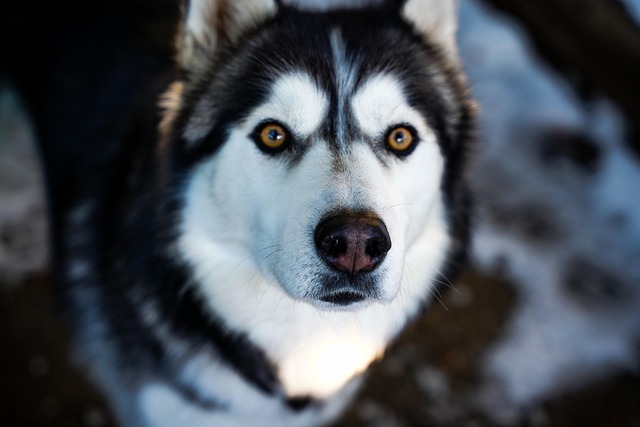
Picture this: You’re welcoming guests into your Seattle apartment when your exuberant Labrador, Buddy, launches himself onto your aunt’s cream sweater—paws first.
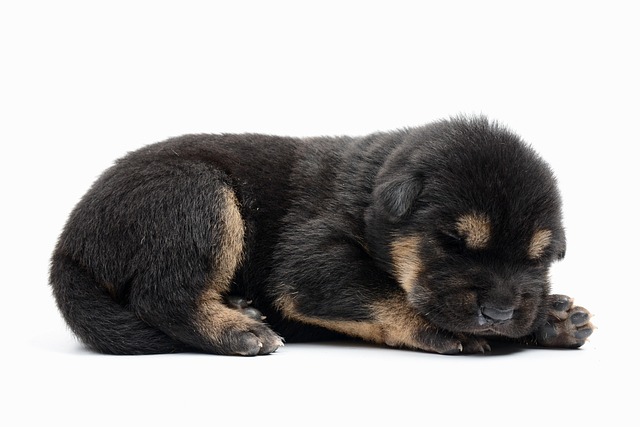
Watching your dog trot back with a ball or newspaper in their mouth is a classic canine sight—and a skill you can teach with patience and play.
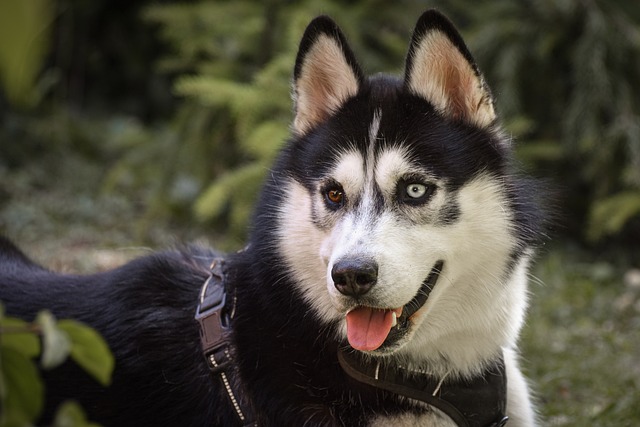
Picture this: You’re out for a morning walk with your dog, and suddenly, they bare their teeth and lunge at a jogger. It’s a heart-stopping moment